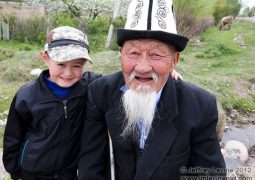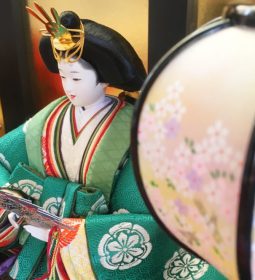How Korean women are rejecting marriage while reimagining what family means in an increasingly lonely, ageing society

The South Korean woman who adopted her best friend
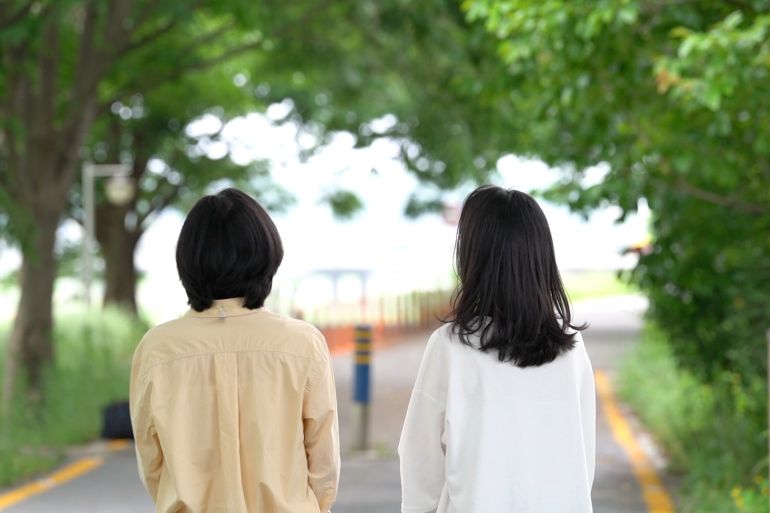
Most mornings, Eun Seo-Ran begins her day at around 7am by brewing tea for herself and her adopted daughter Lee Eo-Rie*. After a cup of black or herbal tea the two work in separate rooms – Seo-Ran as an essayist, while Eo-Rie studies for an exam. Around noon, they cook lunch, then sit down to eat and watch their favourite comedy series. Soon, the sound of them giggling fills the living room of their three-bedroom apartment. Outside, green cabbage fields stretch for miles.
In the evening, the two eat dinner, and then do the household chores. On clear nights, the silhouette of a mountain gleams in the distance as they practise yoga before bed, chatting about friends and work, and winding up another day in their quiet lives.
Our lives have become inseparable over the years … Eo-Rie probably knows me better than anyone else in the world,” says Seo-Ran, a slight, soft-spoken woman, from their home in the southwestern region of Jeolla.
Despite being her adopted daughter, Eo-Rie is 38 – just five years younger than 43-year-old Seo-Ran. The women have been best friends and roommates for seven years. Last May, Seo-Ran adopted Eo-Rie in a desperate bid to become family under South Korea’s strict family law. By law, only those related by blood, marriage between a man and a woman, and adoption are recognised as family.
Strict gender roles and patriarchal family culture remain deeply ingrained in South Korea. But in recent years, more South Koreans have started to challenge these norms. They are increasingly pushing the government to accept a broader range of companionships as family, such as unmarried couples or friends living together, and demanding rights and services available to conventional family units. Women are often at the forefront of this push with a growing number of so-called “no-marriage women” choosing to stay single, defying the traditional pressure to marry, and look after a family.
The story of how Seo-Ran and Eo-Rie became family represents this desire to challenge—and reimagine—what it means to be family in South Korea.
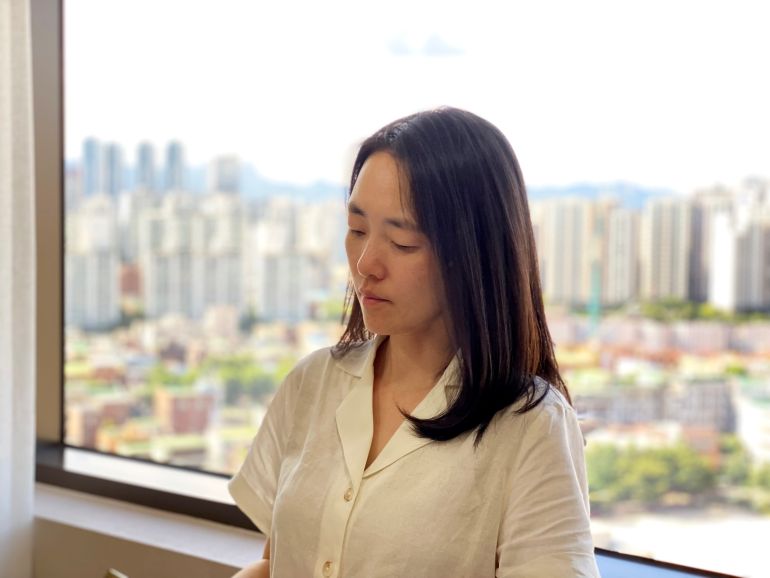
‘My mum toiled for decades’
Seo-Ran grew up near Seoul in a middle-class family with a working father, a stay-at-home mother and an older brother – a nuclear household that by then had replaced the traditional multi-generational home. But despite the rapid shift in family structure, customs embedded within it changed more slowly.
Women were still largely expected to quit their jobs upon marriage and become lifelong caregivers for their in-laws. Placed at the bottom of the pecking order in their husbands’ families, they were usually relegated to the kitchen during family gatherings, including ancient rituals to honour dead ancestors. Called “jesa” or “charye”, the ritual is observed during the Chuseok harvest festival, the Lunar New Year and on dead relatives’ birthdays and women are expected to prepare food for days. The custom is so resented by many women that the number of divorces rises after every traditional holiday.
“My mum toiled for decades to serve my father’s family, including making countless jesa preparations each year. But my father is a very patriarchal person, and never showed any gratitude for what she did for his family,” Seo-Ran reflects.
“Having watched all of this, I’ve never had a fantasy about marriage – or having the so-called ‘normal family’,” she explains. Her mother, hoping Seo-Ran would live differently, wouldn’t even let her into the kitchen while she was growing up.
“Don’t live like me,” she would say.
Over time, some traditions diminished – but many remain. Today, women in double-income families spend three times more hours each day on childcare and household chores than men. In fact, even women who are breadwinners still spend more time on chores than their stay-at-home husbands.
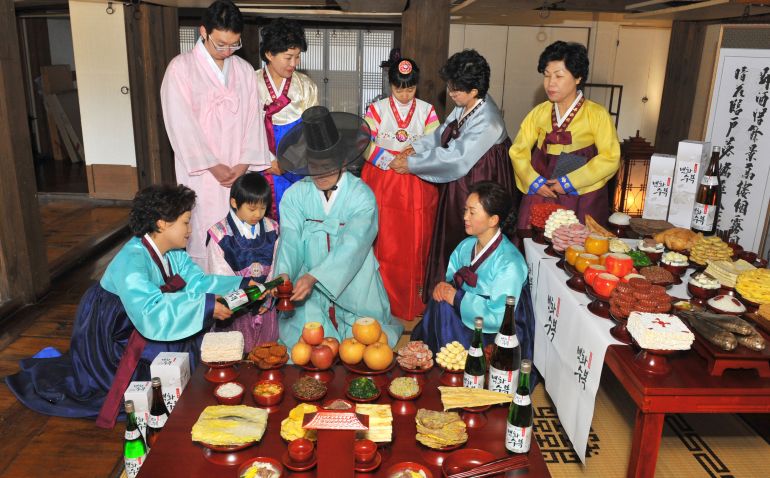
‘Why aren’t you married yet?’
From a young age, Seo-Ran knew she wanted to remain single in a society where many still see dating as a prelude to marriage and having children.
“Plus, I’m a very freewheeling person. I have wanderlust, I love to travel spontaneously, and I don’t like children,” she says shrugging. “I thought marrying would be an irresponsible thing to do for someone like me.”
After graduating from college, Seo-Ran picked up office work as she moved across the country – from the southern island of Jeju to a far-flung mountainous village – wanting to be closer to nature, and away from air pollution that exacerbated the chronic eczema she’d had since childhood. But she never felt she belonged.
“An unmarried woman living alone in a small village attracts endless gossip, matchmaking offers she never asked for, and unwanted sexual advances,” she explains, rolling her eyes.
Once, a drunken landlord tried to break into her house in the middle of the night – just one of several break-in attempts she experienced. In a country where many single people live with their parents, young women living alone are often vulnerable, stereotyped as being sexually available and 11 times more likely than men to experience break-ins.
On countless occasions, village elders asked Seo-Ran if she was married – and berated her for “going against the nature of the world” by remaining single. Many urged her to marry their sons or men living in the area. “‘Where is your husband? Where are your children? Why aren’t you married yet?’” her neighbours would ask her.
Fed up and exhausted, in 2016 Seo-Ran moved again, this time settling in the rural county of Jeolla with a population in the tens of thousands, which gave her a sense of anonymity. Soon after, she discovered that another woman was living alone next door.
That was Eo-Rie, who had also moved to Jeolla to escape city life. With plenty in common, including a love of plants, vegetarian cooking and DIY, and finding solidarity in their decision to remain single, the two quickly grew close.
Soon, they were sharing dinner every night. A year later, Eo-Rie moved in with Seo-Ran.
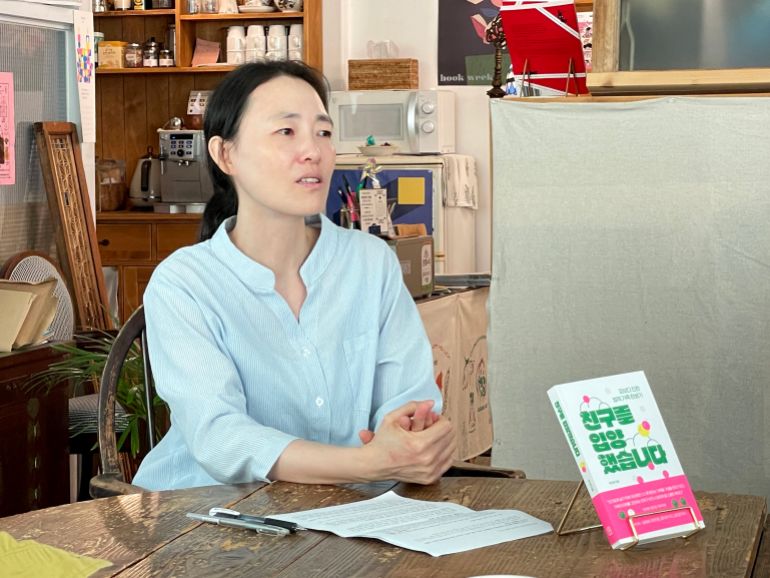
‘A real family’
The decision was partly for protection as Seo-Ran felt unsafe on her own – two women living together would attract far less unwanted attention.
“But more than anything else … Eo-Rie and I talked a lot about how to live well and happily in old age, and concluded that living with a like-minded friend would be one of the best ways to do so,” Seo-Ran explains.
It took months to find the right balance. Eo-Rie, who likes to cook, found it tiring to cook for two, while Seo-Ran admits she is “a bit obsessed” with cleanliness – she showers as soon as she gets home – due to her skin condition. They decided that Eo-Rie would cook less and follow Seo-Ran’s shower habit.
Their different personalities – Seo-Ran is sensitive but outspoken while Eo-Rie is more easy-going and nonchalant – complement each other well, Seo-Ran says.
“Eo-Rie accepted my hyper-sensitiveness with ease, and even joked once, ‘I feel like I have a high-end home cleaner’,” she says, laughing.
Their home life became “joyful, peaceful, and comforting”.
“I came to believe that a real family is those who share their lives while respecting and being loyal to each other, whether or not they are related by blood or marriage,” says Seo-Ran.
A few years later, with the arrangement working so well, they decided to buy their apartment together. But then, after Seo-Ran, who suffers from other health problems like chronic headaches, was rushed to the ER several times, they started talking about how if they were family they could sign medical consent forms for one another. South Korean hospitals, fearing legal action should something go wrong, customarily refuse to offer urgent care – including surgery – unless a patient’s legal family gives consent.
“We have helped and protected one another for years. But we were nothing but strangers when we needed each other most,” Seo-Ran explains.
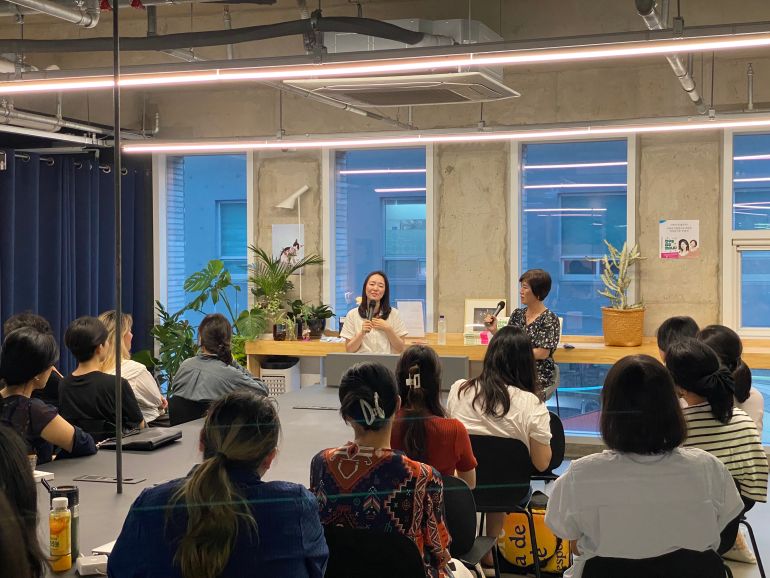
Legal loophole
So the two started looking into family law to see what was possible.
Marriage was out of the question. “We are not romantically involved or trying to get married. And even if we are, we wouldn’t be able to marry since same-sex marriage is not legal in South Korea,” Seo-Ran explains.
“So the only way left for us was this strange option of me adopting Eo-Rie,” she says, her eyebrows furrowed in frustration.
Under South Korean law, an adult can easily adopt a younger adult with both parties’ consent—an arrangement usually used by those marrying someone with adult children or among conservative families with no sons who adopt males within the extended family to continue “the family line”.
“What we wanted was simple things – to take care of each other, like signing medical consent [forms], taking family-care leave from work when one of us is ill, or organising a funeral when one of us dies later,” Seo-Ran says, sighing. “But none of that is possible in South Korea unless we are a legal family. So, we decided to take advantage of this legal loophole, however strange it may look.”
Some one million Koreans in a country of 50 million lived with de facto family – friends or partners – as of 2021, but they cannot access affordable state-subsidised apartments or housing loans, shared medical insurance, tax benefits and other services available to married couples and families.
If a living companion dies, bereaved partners or friends are left with few rights – they are more vulnerable to eviction if they do not own the property and can face myriad legal hurdles to receive inheritance.
In 2013, a 62-year-old woman who lost her flatmate of 40 years to cancer jumped to her death after leaving her home during an inheritance dispute with her flatmate’s family.
Although both Seo-Ran and Eo-Rie’s families have accepted their lifestyle, and the women jointly own their home, they wanted equal legal protection and rights.
On May 25, 2022, the two walked into a local administrative office, their hands clasped together, and filed adoption papers. The next day, they officially became mother and daughter.
“In South Korea, May is full of celebrations for families, like Children’s Day [May 5] or Parents’ Day [May 8], so we chose May to have a celebration of our own,” says Seo-Ran with a mischievous grin.
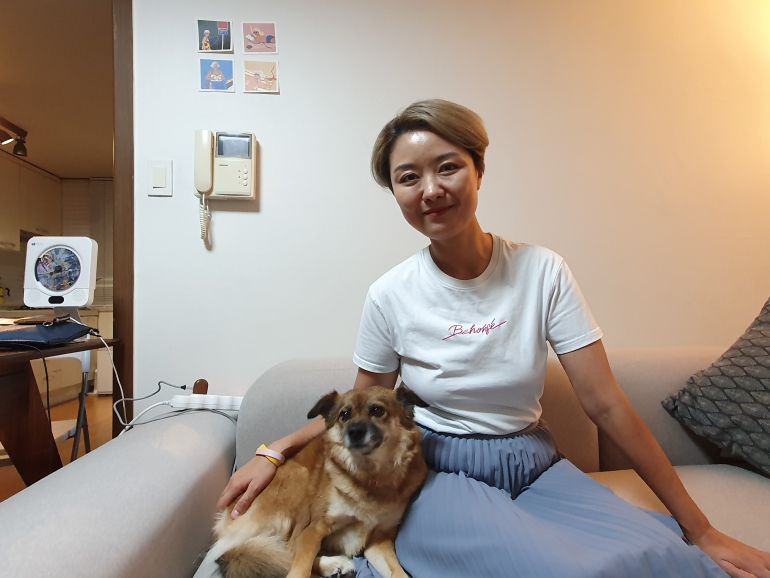
Behonsé
Seo-Ran’s story – which she chronicled in her 2023 memoir, I Adopted A Friend – is the country’s first publicly known case of an adult adopting a friend to become family.
But the number of South Koreans exploring – and endorsing – lifestyles outside the conventional family unit is growing. The number of one-person households and those comprised of legally unrelated people hit a record high of nearly eight million last year or more than 35 percent of all households.
Gwak Min-Ji, an outgoing, friendly television writer in Seoul, is one such “no-marriage” woman. Nearly every week, the 38-year-old records her podcast, Behonsé, from her dining table.
Min-Ji began her podcast—based on the Korean words “bihon (no marriage, or, willingly unmarried)” and “sesang (world)” with a nod to Beyonce and her song, Single Ladies – from her living room in 2020, bored with isolation during the pandemic and hoping to reach out to other women like her.
“We’re still a minority significantly underrepresented on television and in the media. My goal was making us more visible by sharing the stories of our everyday life,” says Min-Ji in her cosy, two-bedroom apartment in the trendy neighbourhood of Haebangchon. “In a world that seems to scream that getting married is the only right answer, and that it’s unseemly to be a single woman unless you’re rich and successful, I wanted to show that there are many single women out there living mundane, ordinary lives—and that it’s perfectly okay!”
The podcast covers a wide range of topics from books, relationships and mental health to how to survive holidays with prying relatives, and the best single-women-friendly neighbourhoods. Min-Ji has interviewed single women of all ages and from all walks of life.
“Not all my listeners are against the idea of marriage. Some of them are in a relationship, and some listen to my podcast with their boyfriends,” Min-Ji says. But the excessive dual burden on working mothers and the relentless social stigma on divorcees, “forces many women to give up on marrying”, she adds.
Min-Ji’s podcast draws more than 50,000 listeners every week. Some have formed their own clubs via mobile chat groups. When Min-Ji organised a talk show event in January, the 200-odd tickets sold out within seconds.
“It felt as though everyone was so hungry for a chance to find each other,” Min-Ji says cheerfully as she shows me around her apartment. Her bedroom wall is plastered with photos and postcards from her travels to Europe and her refrigerator is covered with letters from friends and fans.
“My podcast has become a platform where no-marriage women can connect with others like them and do things together,” explains Min-Ji, stroking the head of her only full-time companion – a small rescue dog – sitting next to her on a sofa.
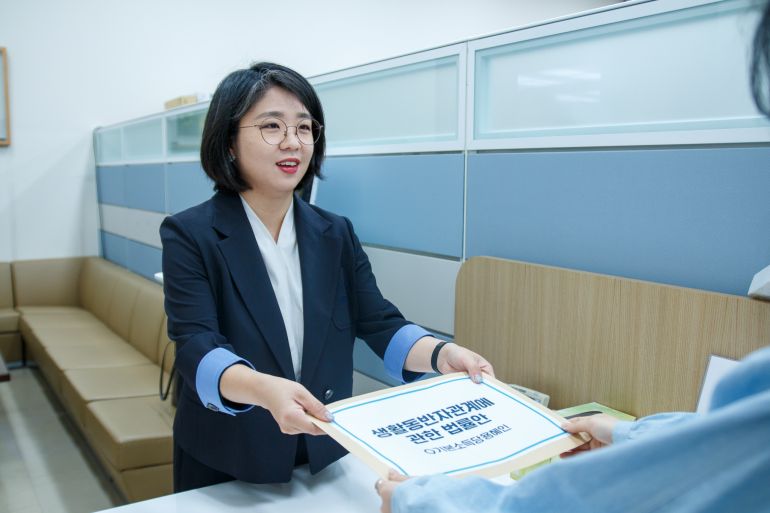
‘The right to not be lonely’
But, like Seo-Ran, Min-Ji and her single friends face a key question: Who will care for them when they grow old or get sick?
“It’s one of the hottest topics among us,” Min-Ji says. “We’re seriously discussing where and how to buy houses together, or how to take care of each other when we fall sick.”
For now, they have created a “breakfast roll-call” group on the messaging app KakaoTalk where they check in every morning and visit those who fail to respond for two days in a row. But ultimately, Min-Ji and some of her friends are considering living together.
These considerations have a far-reaching implication in a country facing what many call a ticking time bomb: South Korea’s population is ageing faster than any other country’s, while its birthrate is at the world’s lowest level (0.78 as of 2022). By 2050, more than 40 percent of the population is projected to be older than 65, and by 2070, nearly half of the population will be elderly.
South Korea faces the major policy challenge of how to care for its elderly population, especially as the number of people living on their own grows.
In April, Yong Hye-In, a rookie South Korean lawmaker took what she described as a key step towards addressing the care crisis by proposing a law that would widen the legal definition of family.
“Many South Koreans are already living beyond the traditional boundaries of family,” explained Yong, a bespectacled 33-year-old lawmaker with the left-wing, minor Basic Income Party. “But our laws have failed to support their way of life.”
Yong, a minority in the parliament – women account for just 19 percent of the 300 seats, and the average age is about 55 – has made a name for herself as a vocal supporter of the rights of women, children, working-class people, and other politically underrepresented groups.
Promoted under the slogan “the right to not be lonely”, the law would benefit friends or couples living together including oft-neglected elderly people who are divorced, widowed, or estranged from their children, and people who live alone, Yong told me from her office in Seoul.
“As our society rapidly ages and more people live alone, so many members of our society are living in isolation and loneliness, or are at the risk of doing so,” Yong explained. “We should allow them to share their life and form solidarity with other citizens … and help them take care of each other.”
Her proposal resonated with many as the country faces the growing problem of “lonely death”, where people’s bodies remain undiscovered for a long time after they have died. South Korea recorded nearly 3,400 lonely deaths, or “godoksa”, in 2021, a 40 percent rise in five years. The vast majority of them were men in their 50s and 60s.
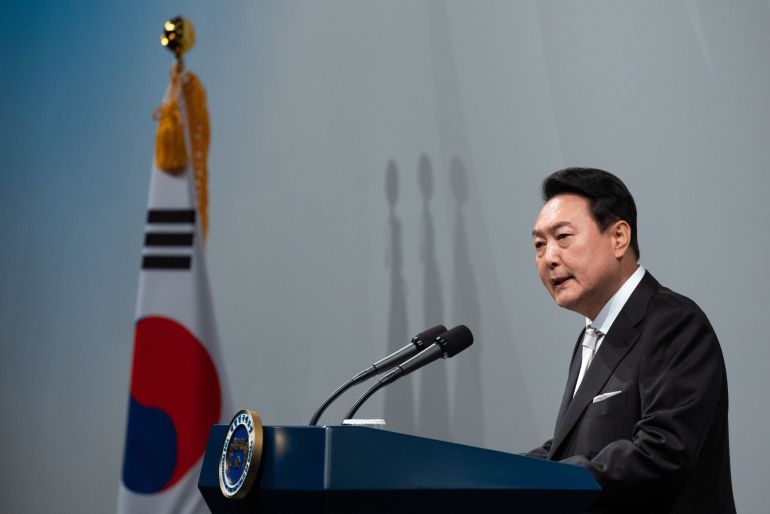
Conservative backlash
But Yong’s bill drew a storm of protest from conservatives and evangelical church groups with enormous political lobbying power who accused it of “promoting homosexuality” by potentially giving gay couples similar status as heterosexual couples, thus, they said, effectively allowing same-sex marriage.
Yong received hundreds of angry calls and messages.
The “evil bill” will “destroy” the institution of marriage and family and ruin the lives of children by allowing same-sex marriage and encouraging births out of wedlock, some 500 conservative groups said in a joint statement.
“Apart from same-sex marriage, it’s hard to understand why people who live together demand the same legal protection as normal families,” a Christian Council of Korea (CCK) spokesman who requested not to be named told me. “If you are sick and need medical treatment, your real family should come right away and sign [the medical consent form], no matter how far they live. Why should anyone else do the job?”
Yong’s bill faces an uncertain future, ignored by most lawmakers and publicly rejected by the ruling right-wing government, which is backed by many evangelical church groups.
Min-Ji and Seo-Ran, both vocal supporters of Yong’s bill, have faced public criticism for their lifestyles. Interviews Min-Ji has given have drawn a torrent of online abuse from those who said she was not pretty enough to get married anyway, or swore she would face a lonely death. Others say her “selfish” lifestyle “disrespected” married people—an accusation Seo-Ran also faced after publishing her book in July.
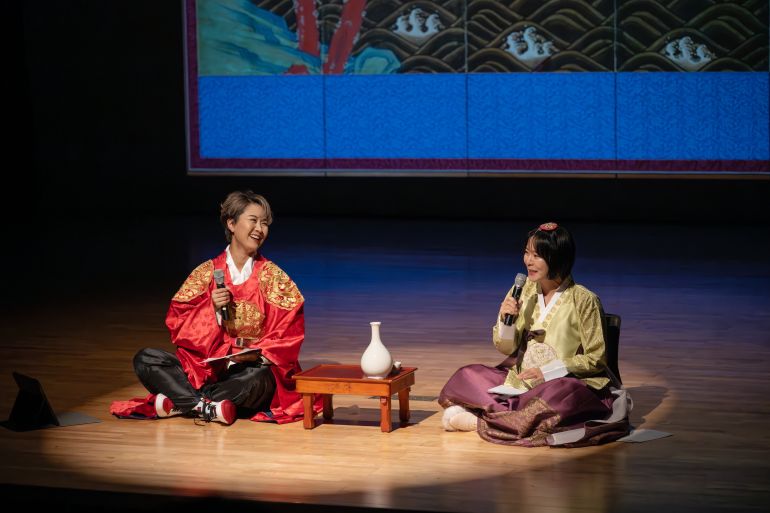
A feminist healthcare cooperative
With legislative and government efforts to address loneliness and the lack of care largely stalled, some women have begun taking matters into their own hands.
Salim, a grassroots social and healthcare cooperative founded by dozens of feminists in Seoul in 2012, is one of them.
Salim’s collection of clinics is located in a high-rise building in the northern district of Eunpyeong, one of the most diverse yet rapidly ageing areas of Seoul where one in five residents is elderly.
“You don’t feel like a patient here, but part of a close-knit community,” Kim Ye-Jin, 31, a former television producer and cooperative member, explains.
Feminist doctors and activists – many of them no-marriage women – began the community to allow people to “grow old together by caring for one another,” according to Salim co-founder Choo Hye-In.
Salim, which means “saving” in Korean, is open to anyone for a minimum fee of 50,000 won ($39). It began with some 300 members and a small family medicine clinic headed by Choo, herself a doctor and no-marriage woman. But over a decade, it gained a reputation as a place welcoming not only women and Eunpyeong residents but also people with disabilities, victims of sexual assault or domestic abuse, sexual minorities, and migrant workers who may be shunned by clinics or not properly treated due to a language barrier or lack of insurance. Today, it counts nearly 4,200 members and has grown to include gynaecological, psychiatric and dental clinics, as well as a daycare centre for elderly people.
It’s the kind of “community of people who could protect you when you’re sick and lonely,” Ye-Jin explains, adding that Salim is one of the main reasons she and her friends want to grow old in the district.
Eunpyeong is home to many NGOs, women’s rights groups, and social enterprises and has been endorsed by Min-Ji’s podcast as one of the best neighbourhoods for single women due to its vibrant community.
Outside, Ye-Jin weaves past office workers, mothers with prams, middle-aged women with dog strollers and elderly men on walkers as she heads to a bakery, popular among her friends, where a selection of books about ageing and community-based care sits next to piles of croissants.
Ye-Jin is an active part of the local community, having founded Eunpyeong Sisters, a club for unmarried women, whose dozens of members get together to play sports or share meals while chatting constantly on mobile groups about everything from stock investment to women-friendly pubs.
“My hope was building a loosely connected community where women can feel safe, supported, and respected, while having fun doing activities each of us can’t do alone,” she says.
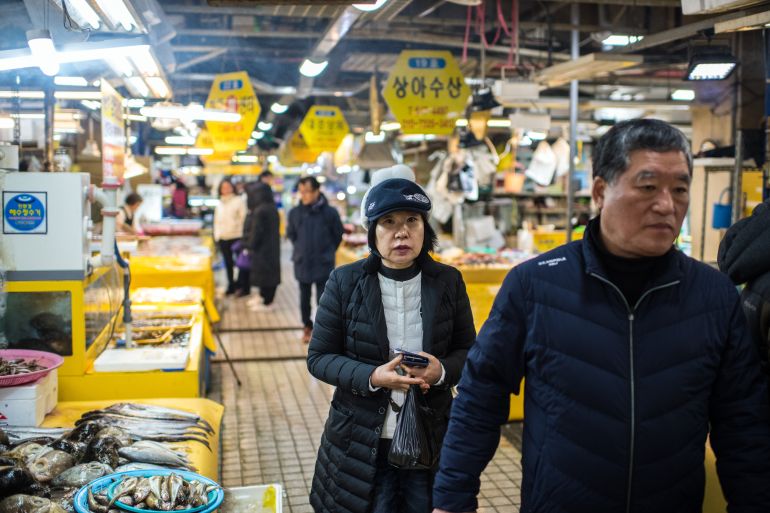
Snapshots of the future
Social experiments like Salim and smaller, casual groups like Eunpyeong Sisters based on solidarity and mutual support can reveal how to tackle loneliness and isolation as society changes and people live for longer, said Jee Eun-Sook, a researcher at the Institute of Cross-Cultural Studies at Seoul National University who studies the lives of unmarried women and networks like Salim.
“That’s why the government needs to pay more attention to what these women do. Their efforts might show snapshots of the future to come—and potential solutions to solve the challenges that lie ahead,” she said.
Whether such efforts will remain experiments or lead to real change remains to be seen. But Seo-Ran is upbeat, saying changes are already afoot among many ordinary South Koreans. She says she shared her story to help people like her who don’t want to marry but might want to know how to form a family. After her book was published, many single women living with friends wrote to say they were considering a similar move while others thanked her for showing they were not alone.
“I hope that my story serves as a wake-up call for the government and our society,” says Seo-Ran.
Around Seo-Ran and Eo-Rie’s first family anniversary, the women took a weekend trip to Anmyeondo Island, known for its scenic beaches dotted with pine tree forests, with Seo-Ran’s mother and grandaunt—a holiday for, at least on paper, four generations of women.
For a long time, Seo-Ran’s mother wanted her daughter to marry, worried she’d be left alone after she died. But now she says she’s relieved that Seo-Ran is happy and has formed her own family. “Now, I have a granddaughter,” she jokes.
“You two don’t need to care at all about what the world and others say,” she told her daughter. “Just live your life fully.”
*A pseudonym as requested by Seo-Ran
- Previous Israel, Palestine and Canada’s ‘schizophrenic foreign policy’
- Next Pakistani Ambassador Maleeha Lodi: A precarious world in 2024







